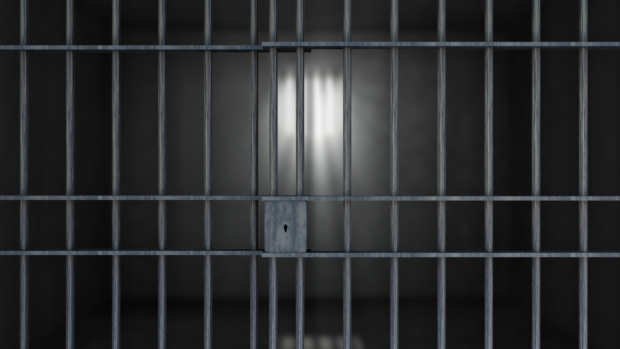
MANILA, Philippines – Bureau of Corrections (BuCor) Director Gregorio Pio Catapang on Wednesday urged inmates or persons deprived of liberty (PDLs) at the Correctional Institution for Women (CIW) to seek solace in prayer as they pursue another path towards freedom.
Catapang was referring to the motion they filed before the Supreme Court to issue guidance for the application of the Good Conduct Time Allowance (GCTA).
Implementing rules of Republic Act 10592, also known as the GCTA Law, defines GCTA as “a privilege granted to a prisoner, whether detained or convicted by final judgment, entitling him to a reduction of his jail or prison term for every month of actual detention or service of sentence as a reward for good conduct and exemplary behavior.”
Not all PDLs, however, are entitled to GCTA.
In the September 2021 case of Gil Miguel vs. Director, Bureau of Prisons, the SC ruled that PDLs who were convicted of murder and other heinous crimes are disqualified from the grant of GCTA.
But in the recent case of Maclang vs. Hon. Leila de Lima, where the former was convicted of the heinous crime of kidnapping for ransom, the SC held that the respondent is entitled to the benefits of RA 10592.
Catapang said if the Supreme Court allows the application of GCTA for PDLs convicted of heinous crimes, around 10,000 to 15,000 PDLs will be released.
“It will be a big help in decongesting our prisons,” Catapang told reporters on the sidelines of the 93rd founding anniversary of the Correctional Institution for Women (CIW).
“Ang message ko dito magdasal pa tayo sa ganon, hopefully magkaron kaliwanagan na pwede ibalik ang GCTA para ma decongest natin kasi that’s the only way to decongest the present situation. It can really help a lot yun ang appeal namin sa ating Kataas-taasang husgado na i-consider ang GCTA ng mga heinous crime,” he added.
[Let’s continue to pray for this. Hopefully, there will be clarity on the possibility of reinstating the GCTA to decongest our situation. That’s the only way to alleviate the current circumstances. It can truly be of great assistance. That’s our appeal to our esteemed Supreme Court to consider the GCTA for those convicted of heinous crimes.]
The motion was filed before the Supreme Court in November last year.
The BuCor also sought clarification from the SC on the duration of penalties if it is computed at 30 years or 40 years, as well as the issuance of clear guidelines, specifically on the correct formula on how to compute GCTA, Special Time Allowance for Loyalty, Time Allowance for Teaching and Mentoring and Credit for Preventive Imprisonment.
The GCTA Law was enacted on May 29, 2013.
However, the SC in 2014 declared the law’s IRR invalid insofar as it provides for its prospective application since it works to the disadvantage of petitioners because it precludes the decrease in the penalty attached to their crimes and lengthens their prison stay.
In 2019, an amended IRR was enacted and expanded the 2014 IRR, particularly Section 2 (GCTA during Service of Sentence).
Under this section, the good conduct of a PDL by final judgment in any penal institution, rehabilitation or detention center, or any other local jail shall entitle the inmate to the deductions described in Section 3 of the GCTA law from the sentence period.
Meanwhile, recidivists, habitual delinquents, escapees, and PDL charged or convicted of heinous crimes shall not be entitled to GCTA.